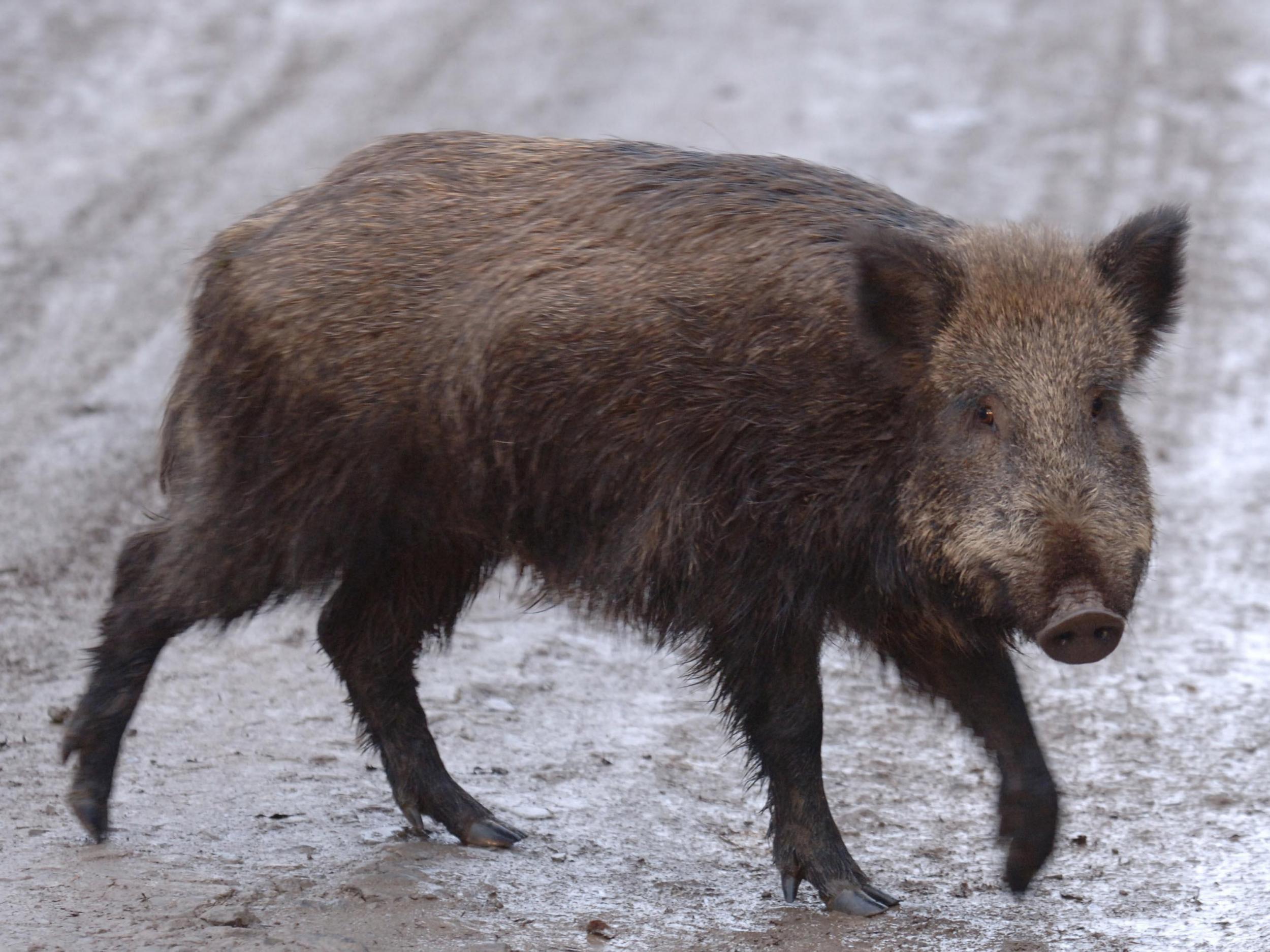Denmark builds the wall: Copenhagen constructs 44-mile fence on German border - to keep out wild boar
The animal may potentially carry the deadly infection African swine fever

Your support helps us to tell the story
From reproductive rights to climate change to Big Tech, The Independent is on the ground when the story is developing. Whether it's investigating the financials of Elon Musk's pro-Trump PAC or producing our latest documentary, 'The A Word', which shines a light on the American women fighting for reproductive rights, we know how important it is to parse out the facts from the messaging.
At such a critical moment in US history, we need reporters on the ground. Your donation allows us to keep sending journalists to speak to both sides of the story.
The Independent is trusted by Americans across the entire political spectrum. And unlike many other quality news outlets, we choose not to lock Americans out of our reporting and analysis with paywalls. We believe quality journalism should be available to everyone, paid for by those who can afford it.
Your support makes all the difference.Denmark has said it will build a 43.5 mile fence on its border with Germany to keep out wild boars that may be carrying a deadly infection.
Although no cases of African swine fever have yet been detected in Denmark, there are concerns the fever could pose a risk to the country’s large pork industry.
The spread of the disease in eastern Europe is causing significant problems as there is currently no vaccine against it.
African swine fever is harmless to humans and other animals but for wild boar and farm pigs, the disease is deadly in almost all cases within 10 days.
Minister for Food and the Environment Esben Lunde Larsen said they did not want to take any risks.
“If African swine fever virus broke out in Denmark, all exports to third countries would immediately stop," Mr Larsen said, according to the Local.
Denmark’s pig exports amount to 33 billion Danish krone (£3.85bn) per year. An outbreak of the disease in Denmark would shut down the entire industry.
The disease currently exists in Poland, the Czech Republic, Romania, Estonia, Latvia and Lithuania and has recently moved closer to Denmark, according to the government.
The Danish government also said it would impose larger fines for illegal food imports and failures to clean animal transportation vehicles properly.
Hunters have also been given new options to hunt wild boars at night time.
Agencies contributed to this report
Join our commenting forum
Join thought-provoking conversations, follow other Independent readers and see their replies
Comments